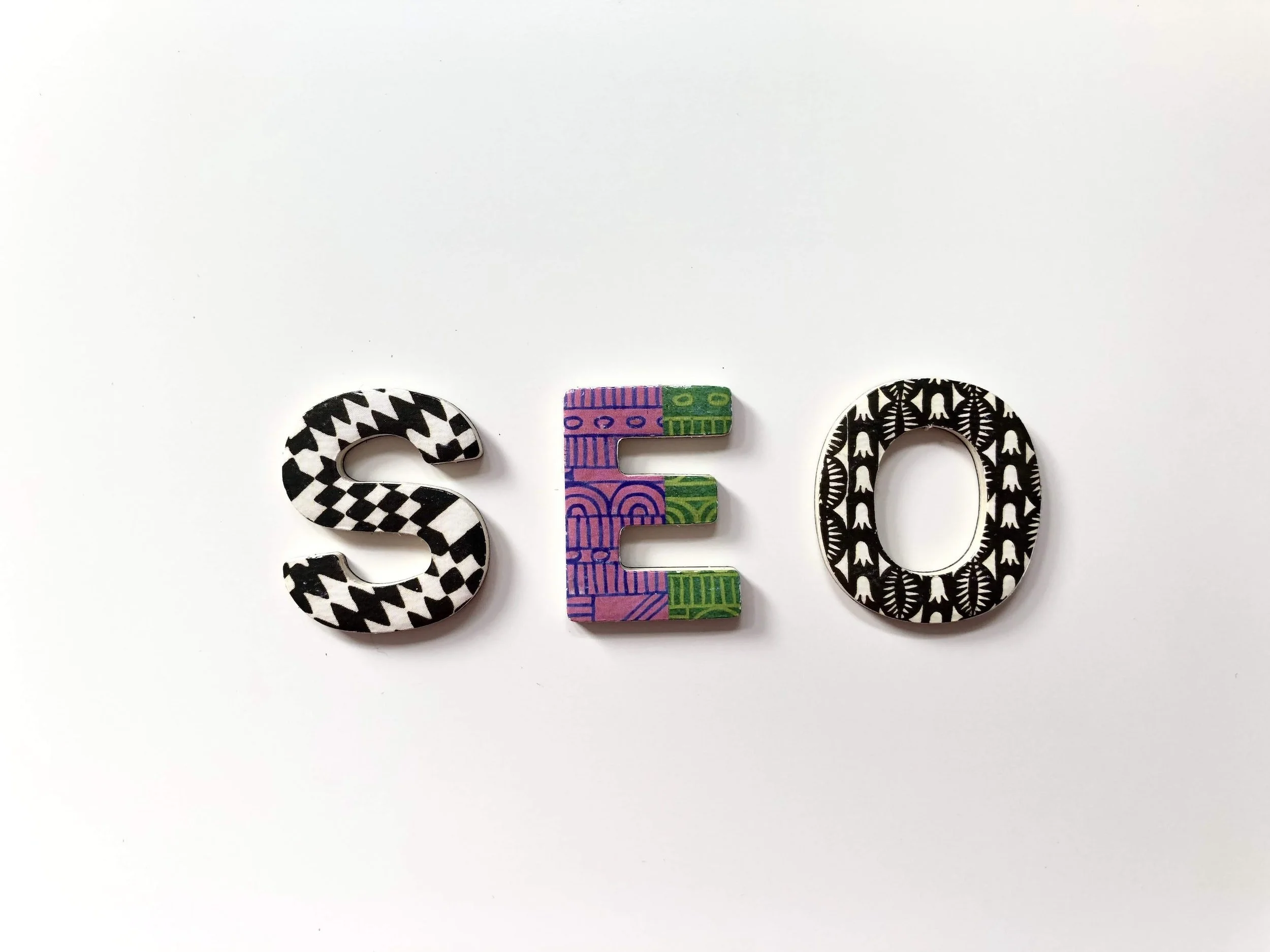What are the most important SEO elements you need when you're setting up a new eCommerce site?
If you're building a new eCommerce site, one of the most important things to consider is search engine optimization (SEO). SEO helps your site rank higher in search engine results pages (SERPs), which can increase traffic to your site and ultimately drive more sales.
However, SEO can be overwhelming, especially if you're new to eCommerce. With so many different elements to consider, it can be difficult to know where to start or what you actually need. In this post, we'll break down some of the most important SEO elements to consider when building a new eCommerce site.
Here are some of the most important SEO elements to consider when building a new eCommerce site:
Keyword Research: Conducting thorough keyword research is essential to identify the terms and phrases that your target audience is searching for. This will help you optimize your product pages, category pages, and blog posts with relevant keywords.
Site Structure: A well-organized site structure that is easy to navigate not only enhances user experience but also makes it easier for search engines to crawl and index your site. (Included in some of my packages)
Page Titles and Meta Descriptions: Each page on your site should have a unique, descriptive title and meta description that accurately reflects the content on that page and includes relevant keywords. (Included in some of my packages)
Product Descriptions: Writing unique, detailed product descriptions that incorporate keywords can help your products rank higher in search results and provide a better user experience for your customers.
Image Optimisation: Optimising your images with relevant file names, alt text, and descriptive captions can help improve your site's visibility in image search results. (Included in some of my packages)
Site Speed: A fast-loading site not only improves user experience but can also improve your search engine rankings.
Mobile Optimisation: With the increasing use of mobile devices for online shopping, it's essential to have a mobile-optimised site that is easy to navigate on smaller screens. (Included in some of my packages)
Link Building: Building high-quality, relevant backlinks to your site from other reputable websites can improve your site's authority and search engine rankings.
Social Media Integration: Integrating your social media profiles with your website can help you build a strong online presence and increase brand awareness. It can also drive traffic to your site and improve your search engine rankings. (Included in some of my packages)
Analytics: Installing analytics tracking (like Google Analytics or GA4) on your site can help you track your site's performance, identify areas for improvement, and measure the effectiveness of your SEO efforts.
Blog: Including a blog is definitely a good idea for SEO purposes. It allows you to regularly add fresh, relevant content to your site, which search engines love. Plus, blog posts can target long-tail keywords and attract more traffic to your site. You can also use your blog to build internal links to your product pages and category pages, which can improve your site's structure and overall SEO. (Blog setup is included in some of my packages)
Incorporating these SEO elements into your eCommerce site can take time and effort, but it's worth it in the long run. By optimizing your site for search engines, you can increase your visibility, drive more traffic to your site, and ultimately increase your sales.
These are the three basics I recommend you start with:
A keyword list: A keyword list is a collection of words and phrases that are relevant to your products and industry. These are the terms that your target audience is searching for, and incorporating them into your site's content can help improve your visibility in search results. You can use keyword research tools like Google Keyword Planner or SEMrush to identify relevant keywords and phrases.
Descriptive product descriptions: Writing unique, detailed product descriptions that incorporate keywords can help your products rank higher in search results and provide a better user experience for your customers. Your product descriptions should accurately describe the features and benefits of your products, and use language that resonates with your target audience.
Set up GA4: Installing analytics tracking on your site is essential for understanding your site's performance and identifying areas for improvement. GA4 is the latest version of Google Analytics, and is designed to help businesses better understand their customers and their behavior across multiple platforms and devices.
By starting with these basics, you can gradually build upon them as you become more comfortable with the process. And if you ever feel like you're in over your head, don't hesitate to hire a professional to help guide you through the process.
In addition to the basics, many of the important SEO elements mentioned above are included in some of my packages. So if you're looking for a comprehensive SEO solution for your eCommerce site, be sure to check out my services and packages.

